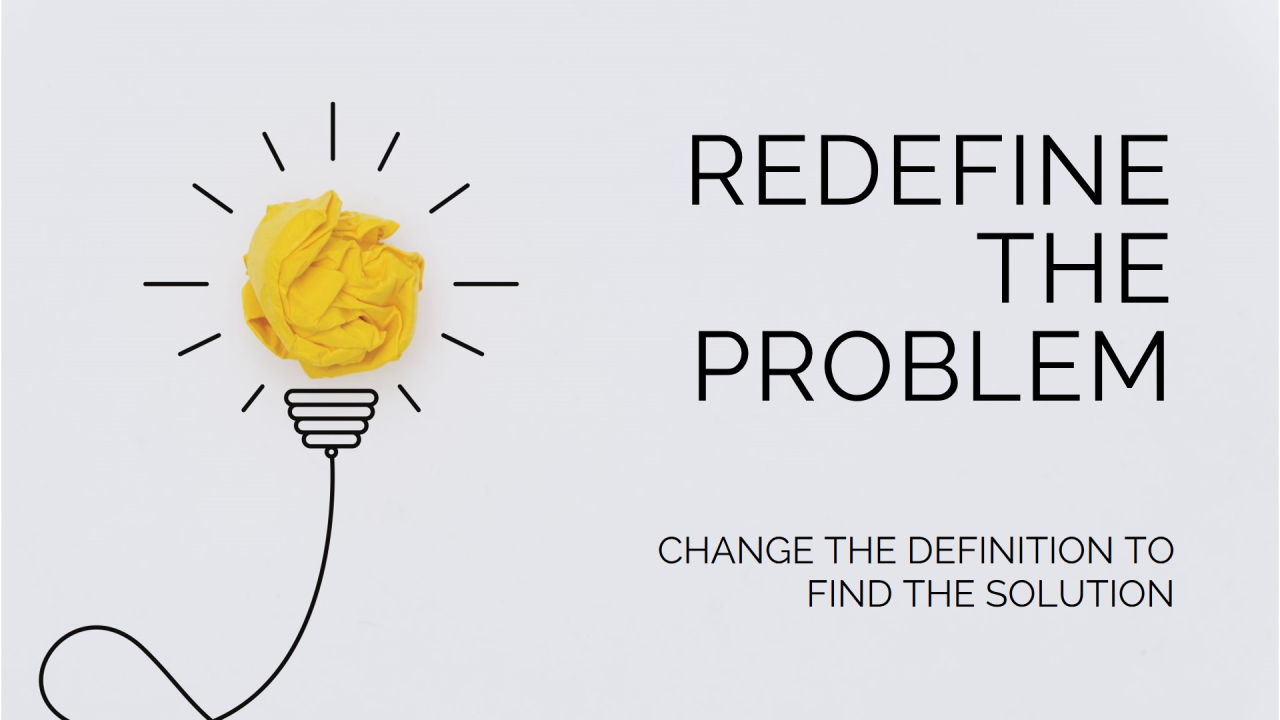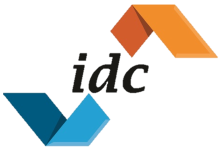A Simplistic View of DEI: Birnbaum's Critique Falls Short
Fred Birnbaum's recent article for the Idaho Freedom Foundation, "Diversity, Equity, and Inclusion Needs to be Replaced with Merit, Excellence, and Intelligence," presents a simplistic view of DEI in higher education. While his advocacy for merit-based systems is understandable, it fails to address the complexities of systemic inequality and the benefits of diversity in higher education.
Mr. Birnbaum argues that DEI initiatives undermine meritocracy and excellence by prioritizing group identity over individual achievement. However, this view ignores the historical and ongoing systemic factors that can limit opportunities for certain groups, such as race, gender, and socioeconomic status. DEI initiatives are not about lowering standards, but about ensuring that everyone has a fair chance to succeed.
Research from the American Council on Education and the Association of American Universities demonstrates the positive impact of diversity on student outcomes, faculty satisfaction, and institutional reputation. A diverse student body brings a wealth of perspectives and experiences to the classroom, enriching the learning environment for all.
For example, a study by the AAU found that students who attend more diverse campuses are 30% more likely to graduate and 17% more likely to have higher GPAs. Additionally, a study by the Pew Research Center found that students from diverse backgrounds reported feeling more supported and included on campus, and were 20% more likely to say that their experience had helped them develop a better understanding of people from different backgrounds.
Moreover, data from the U.S. Census Bureau and the Equal Employment Opportunity Commission reveals the persistent disparities in access to education and opportunities for different groups. DEI initiatives play a crucial role in addressing these systemic inequalities and creating a more equitable and inclusive campus environment.
For instance, a study by the EEOC found that in 2022, over 72,000 charges of workplace discrimination were filed, with race and color being the most common categories. This suggests that systemic discrimination continues to be a significant issue in various sectors, including education.
Furthermore, research from the National Bureau of Economic Research (NBER) has shown that increasing diversity in the workplace can lead to improved innovation and productivity. These findings can be applied to higher education as well, suggesting that a diverse student body can contribute to a more dynamic and innovative learning environment.
To effectively implement DEI initiatives in higher education, institutions should consider the following best practices:
- Create a Culture of Belonging: Foster a welcoming and inclusive environment for all students, faculty, and staff.
- Address Systemic Inequalities: Identify and address systemic barriers that may limit opportunities for certain groups.
- Provide Diversity Training: Offer training and education on diversity, equity, and inclusion to all members of the campus community.
- Support Student Organizations: Encourage the formation and development of student organizations focused on diversity, equity, and inclusion.
- Measure Progress: Regularly assess the effectiveness of DEI initiatives and make necessary adjustments.
While it is important to uphold high standards of academic excellence, it is equally important to create a learning environment that is welcoming and inclusive to all students. By working together to address systemic inequalities and promote DEI, we can create a higher education system that is truly equitable and prepares students for success in the 21st century workplace and marketplace.
About Leah
Leah Smiley, CDE® is the President and Founder of the Institute for Diversity Certification (IDC)®, an ed-tech company focused on empowering individuals and organizations to unlock the untapped potential of a diverse workforce. Having trained more than 10,000 individuals and consulted with more than 100 organizations through her 25+ year career, Smiley is a master of training and organizational development. Through IDC®, Smiley developed the Certified Diversity Professional (CDP)® and Certified Diversity Executive (CDE)® credentials and a DEIA professional association, among other educational and training programs. For more information on IDC, visit www.diversitycertification.org.
Share This Article!
Disclaimer: Content on this blog is authored by multiple sources. While we do make every attempt to proofread and fact-check, unless authored our staff, the views expressed do not necessarily reflect those of the Institute for Diversity Certification (IDC), Inc.
More Insightful DEIA Blogs











Share On: